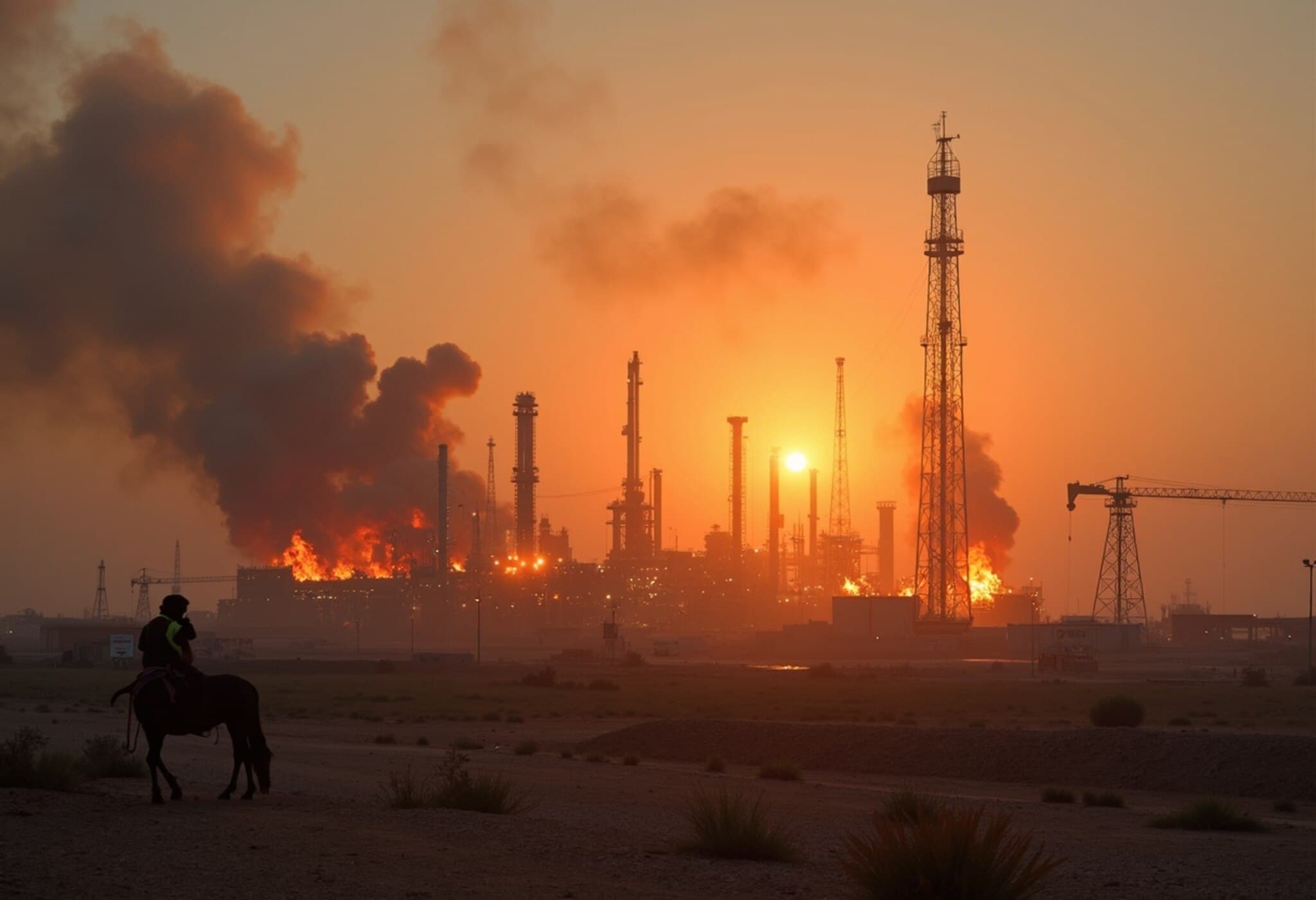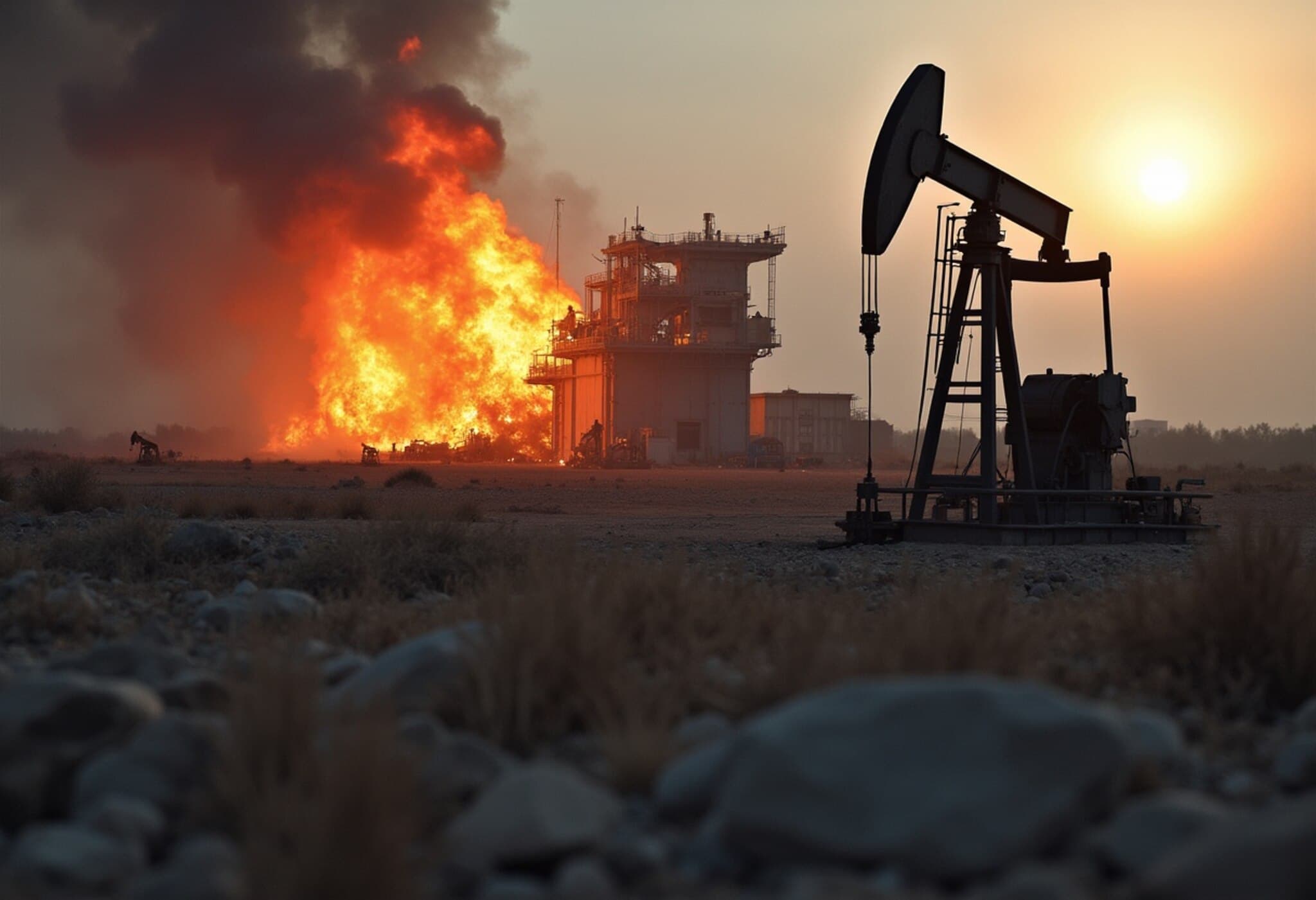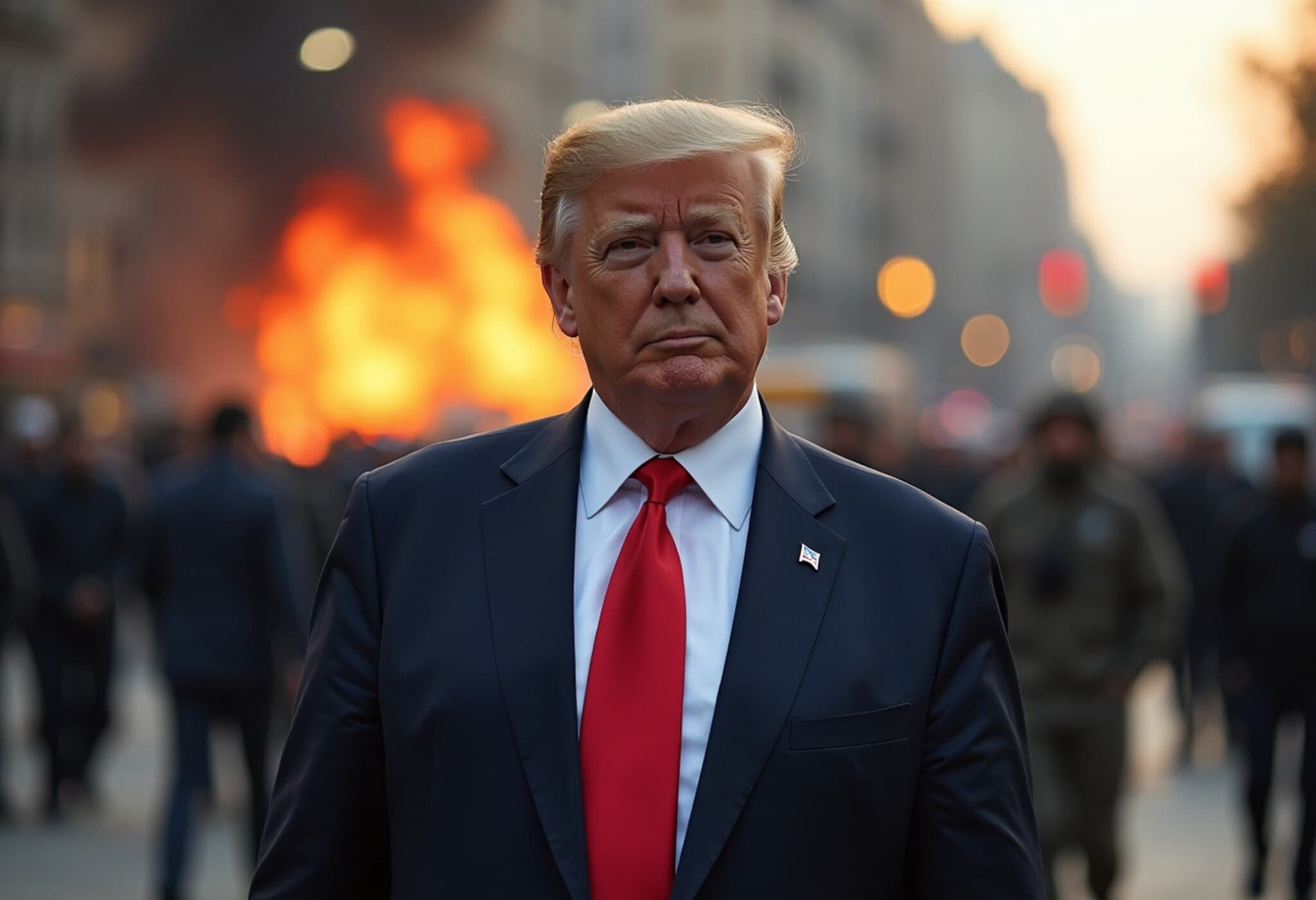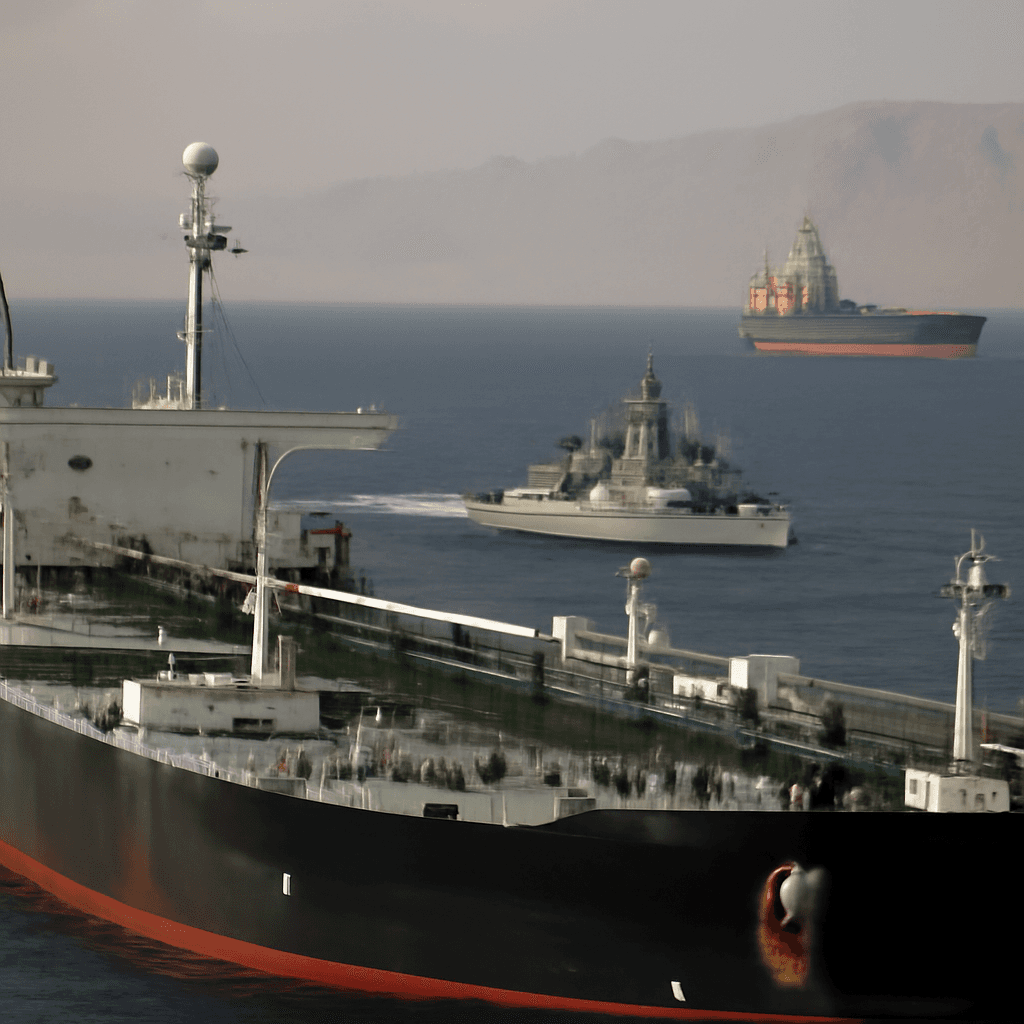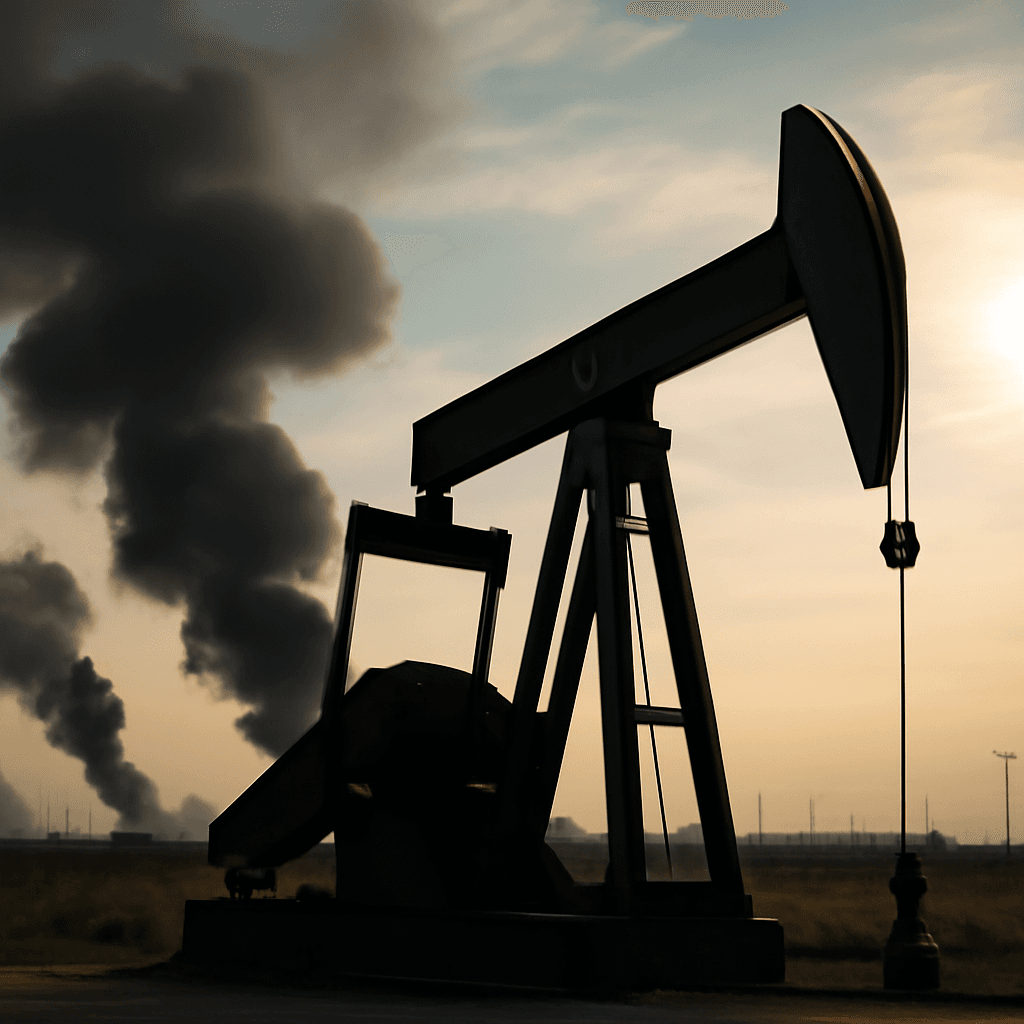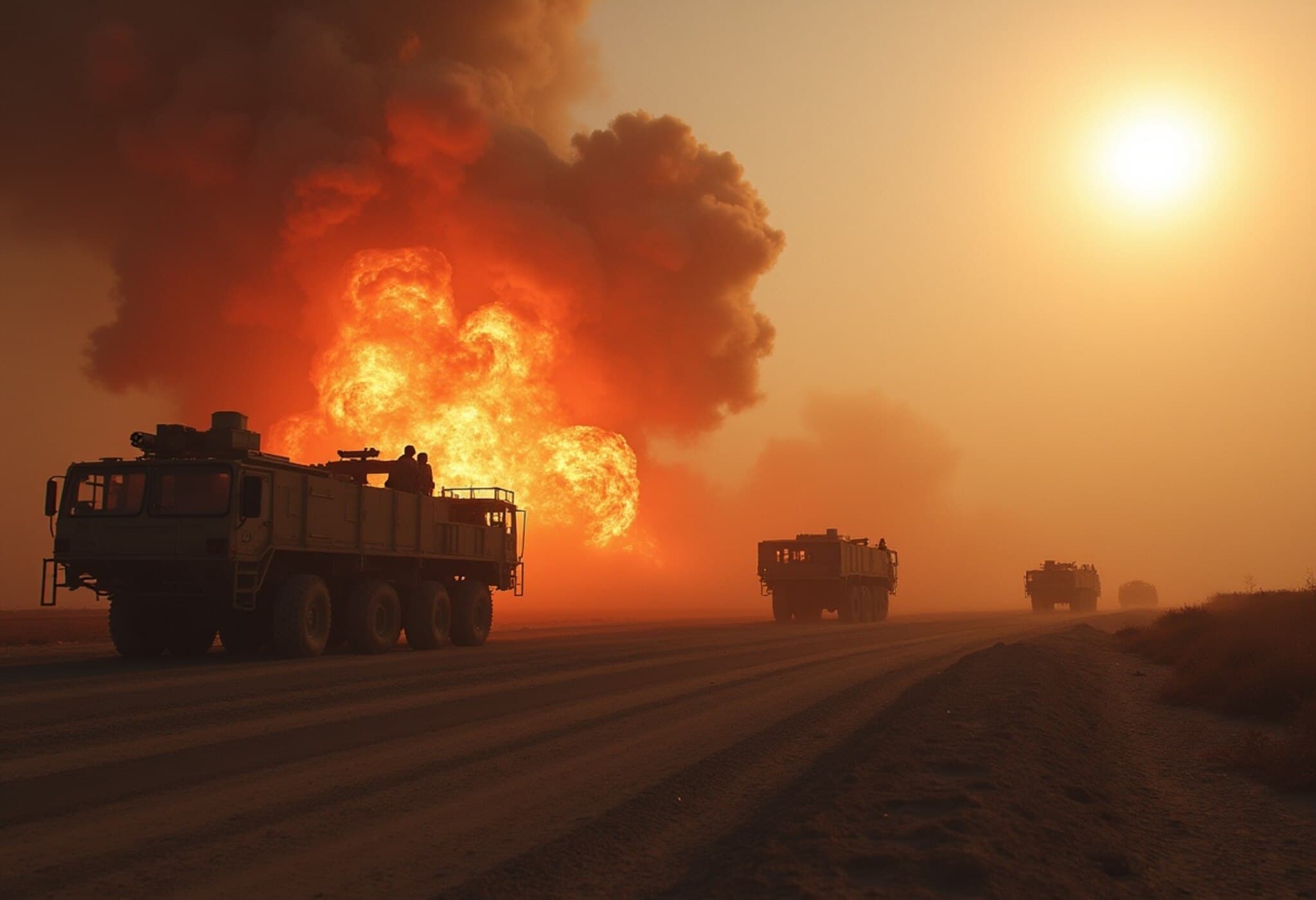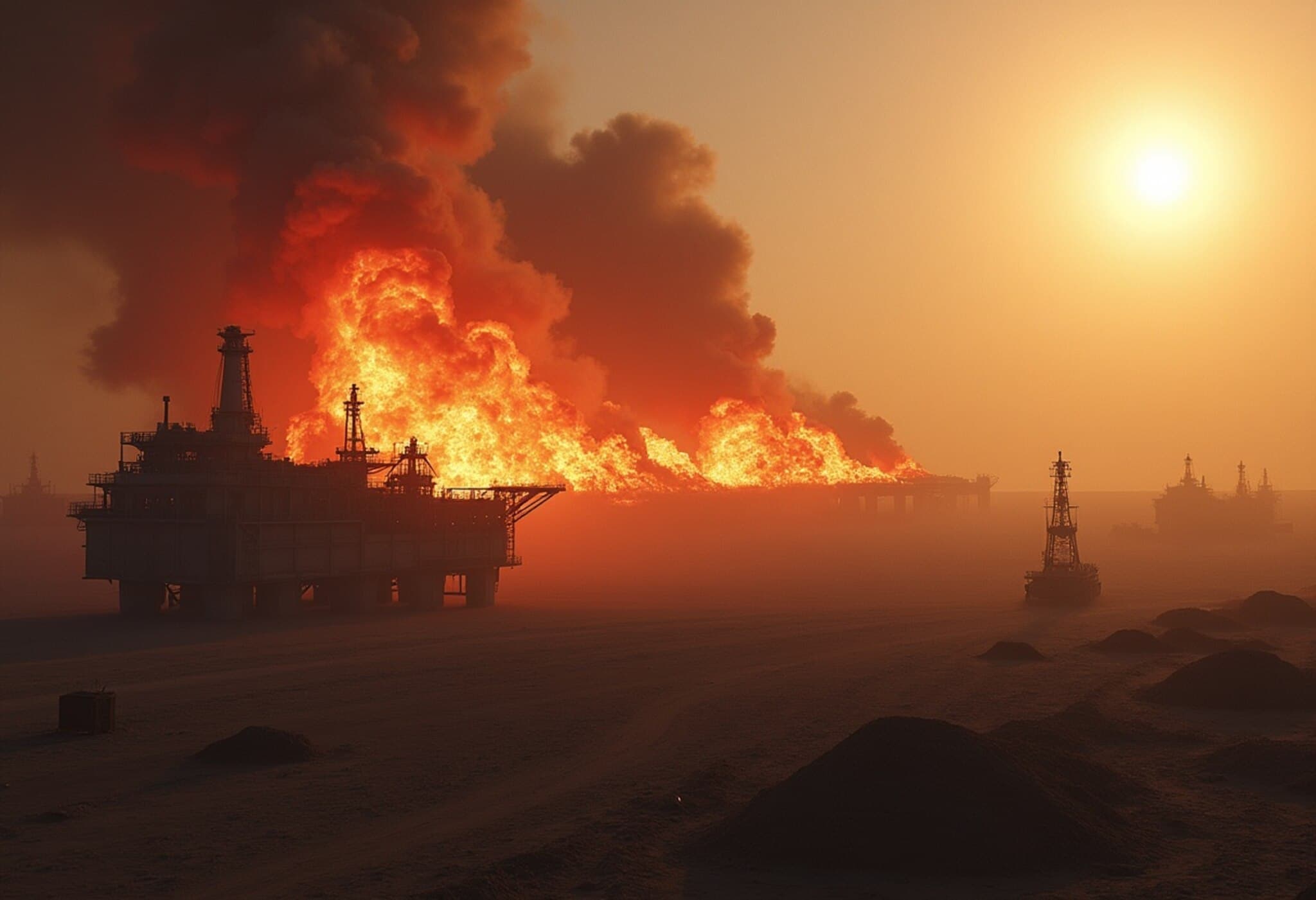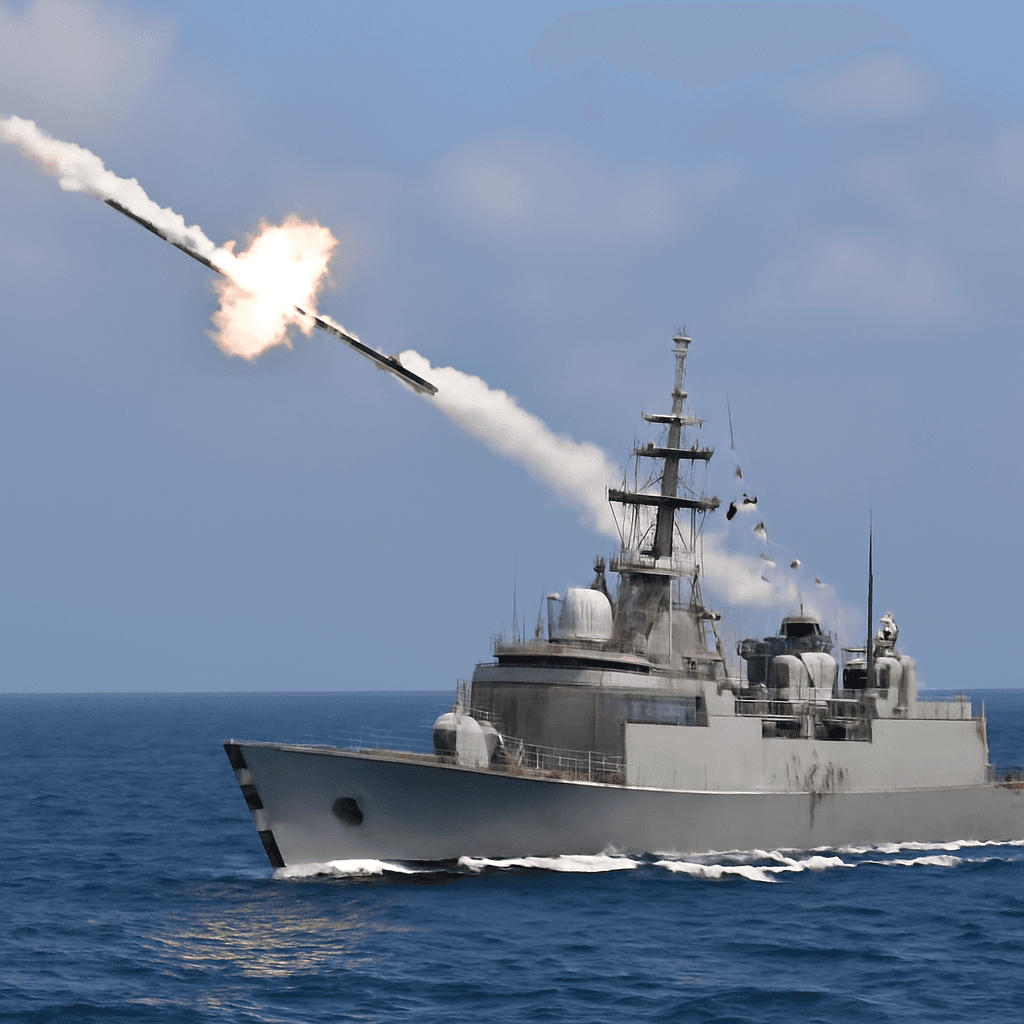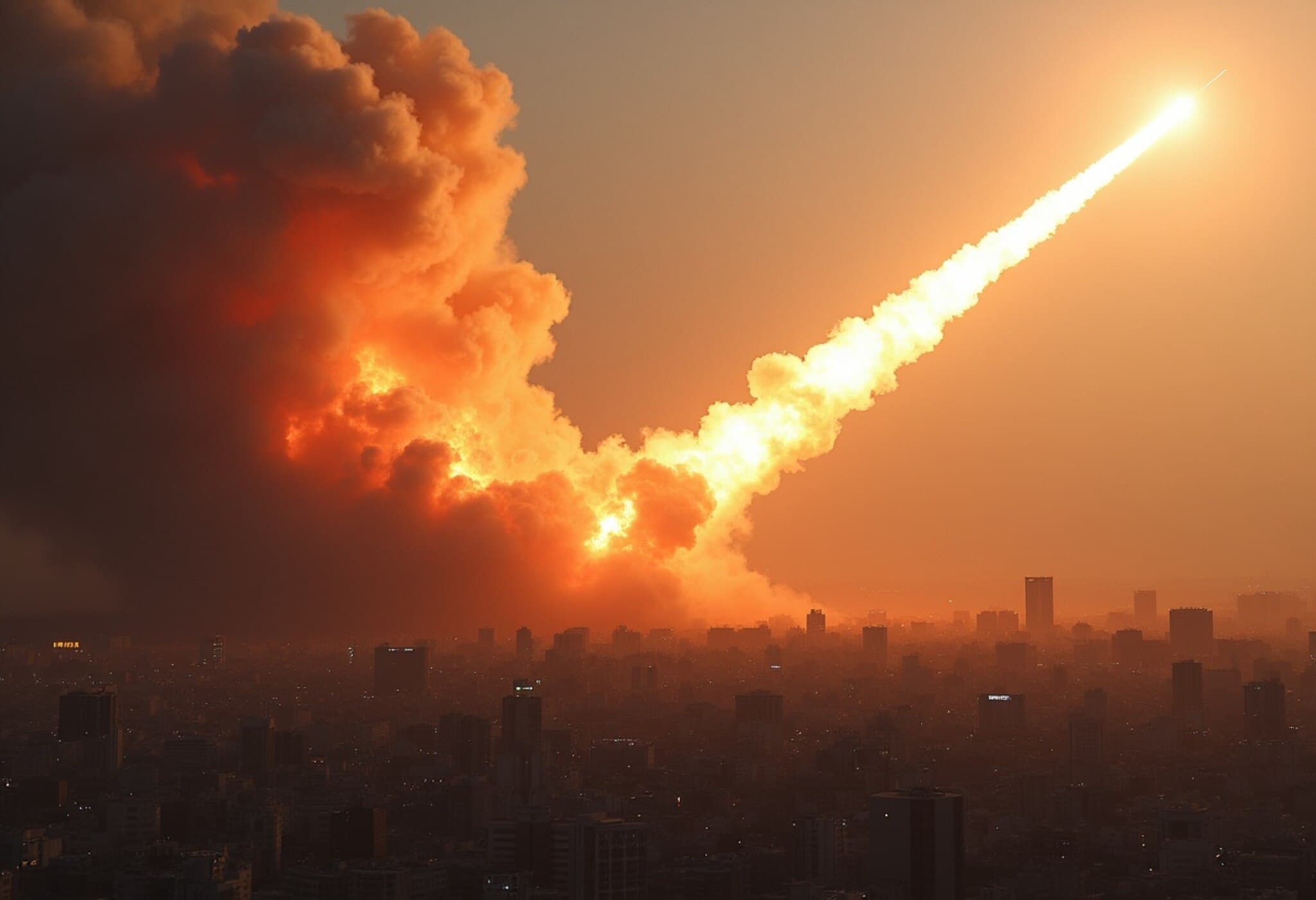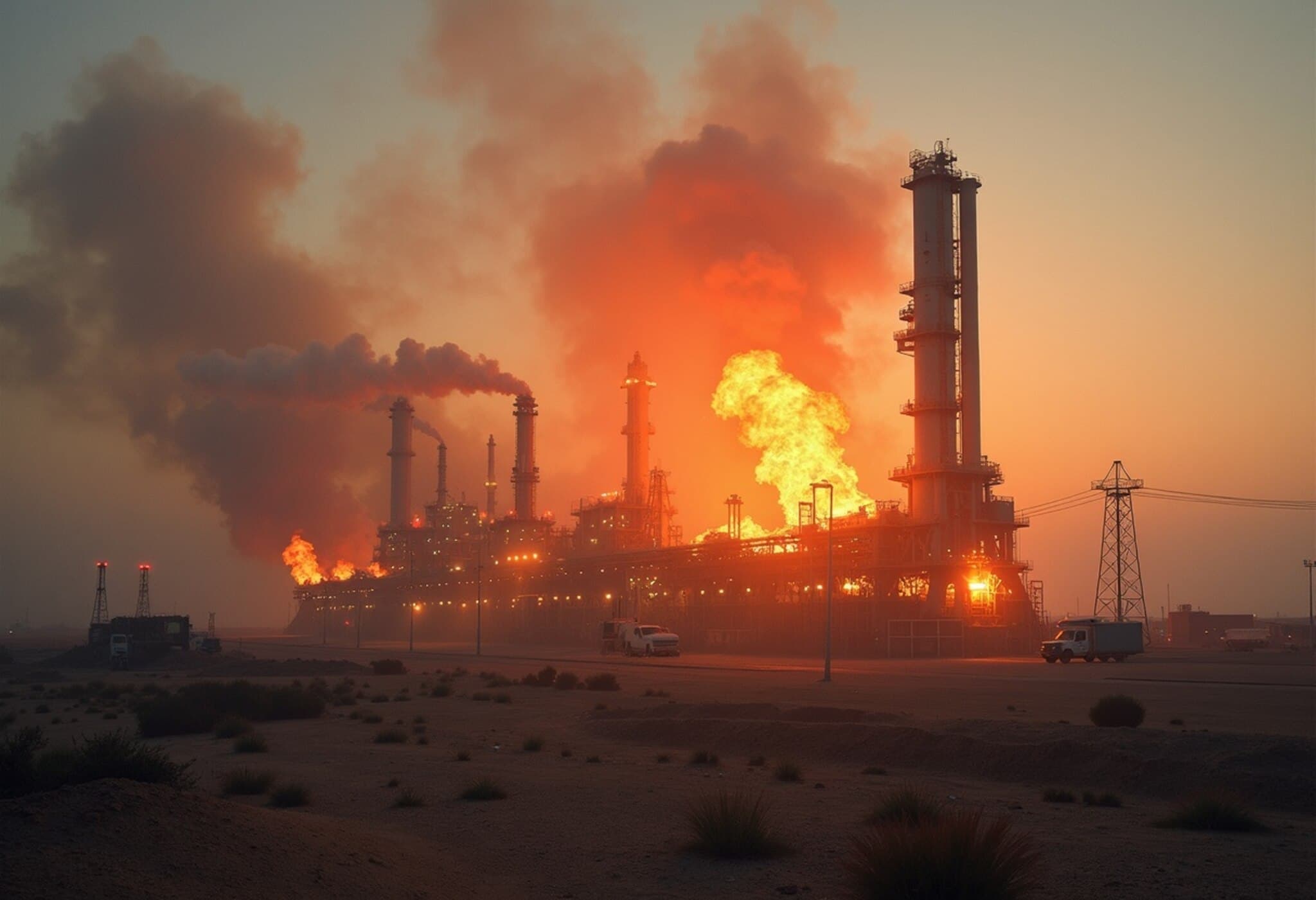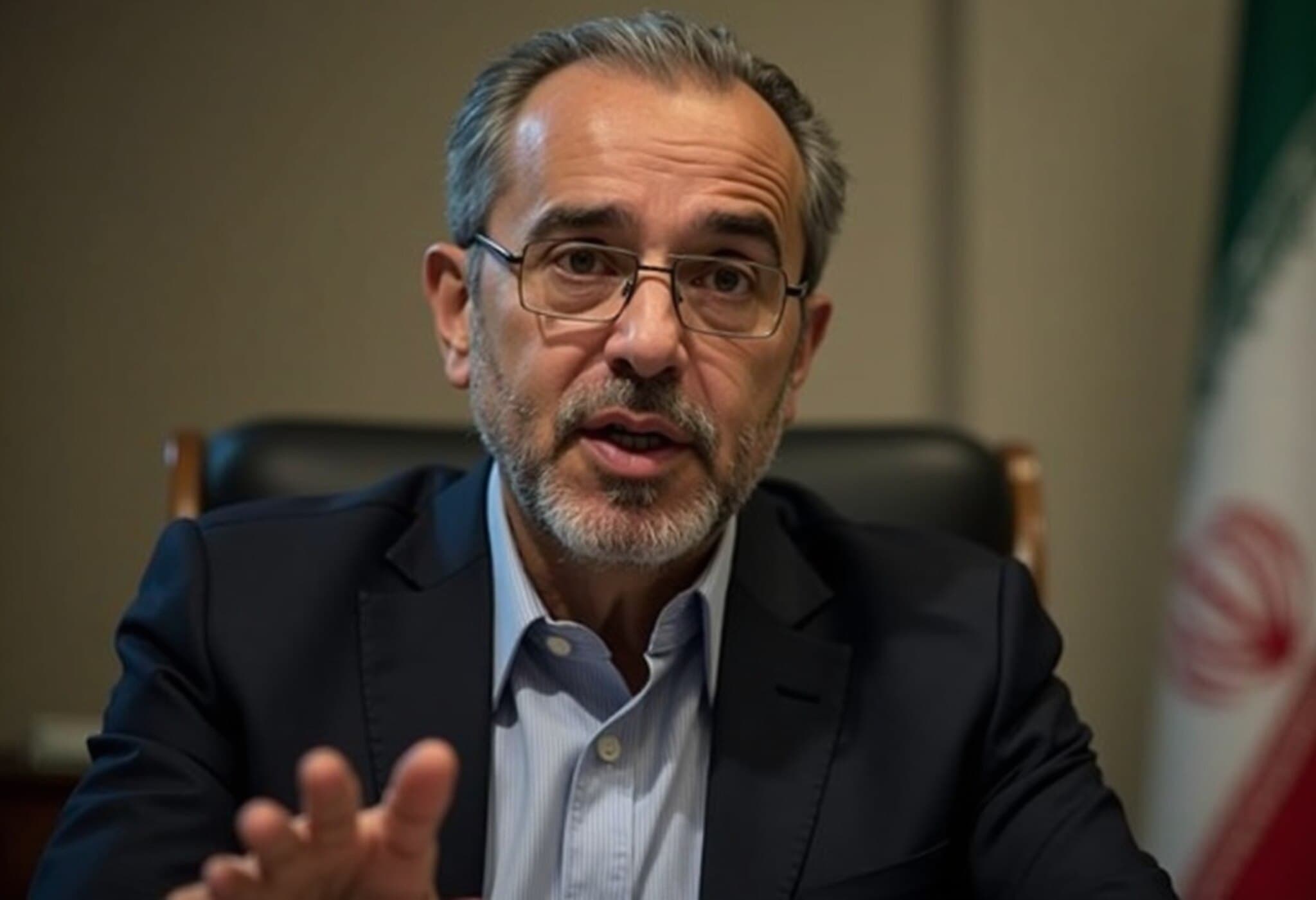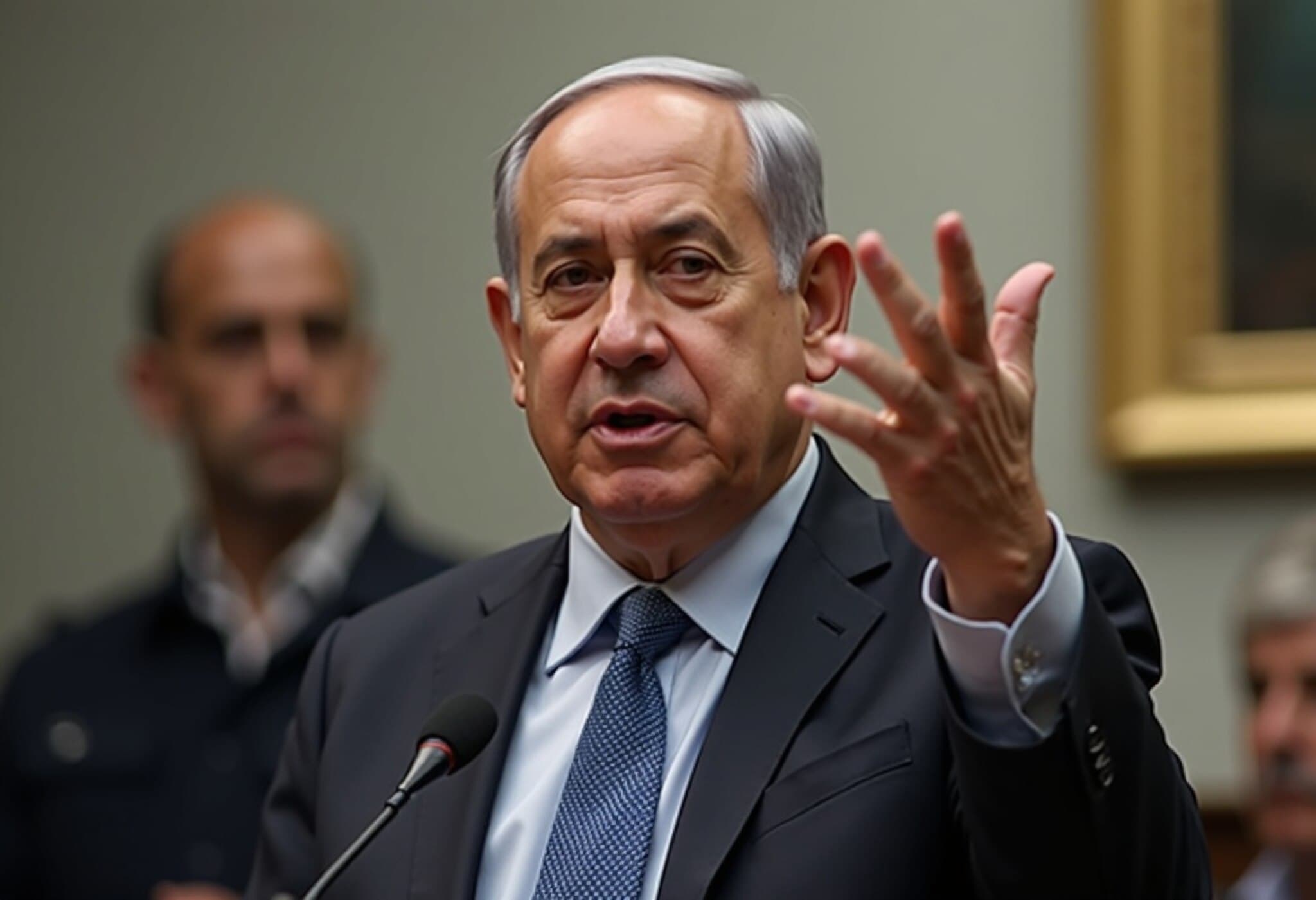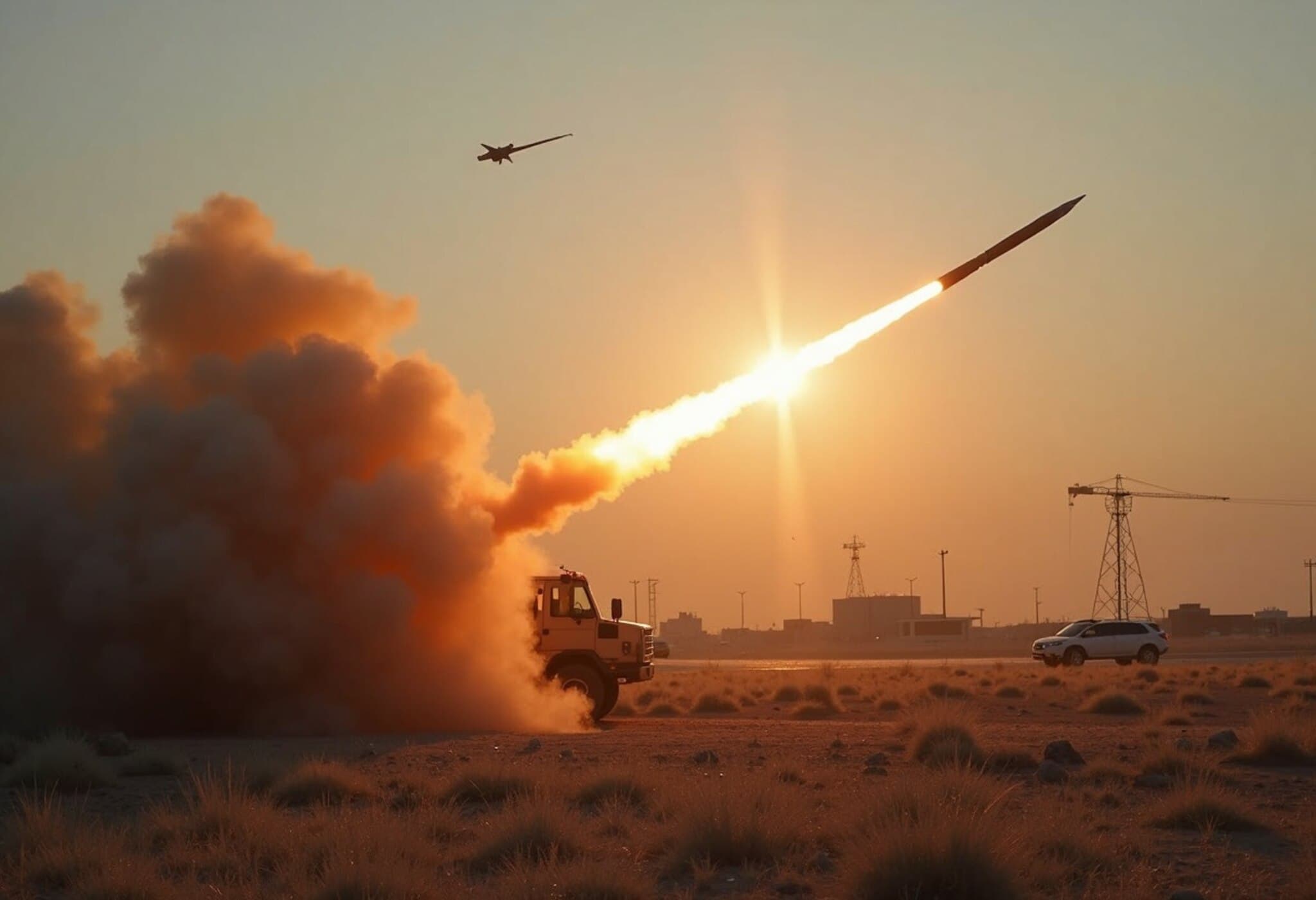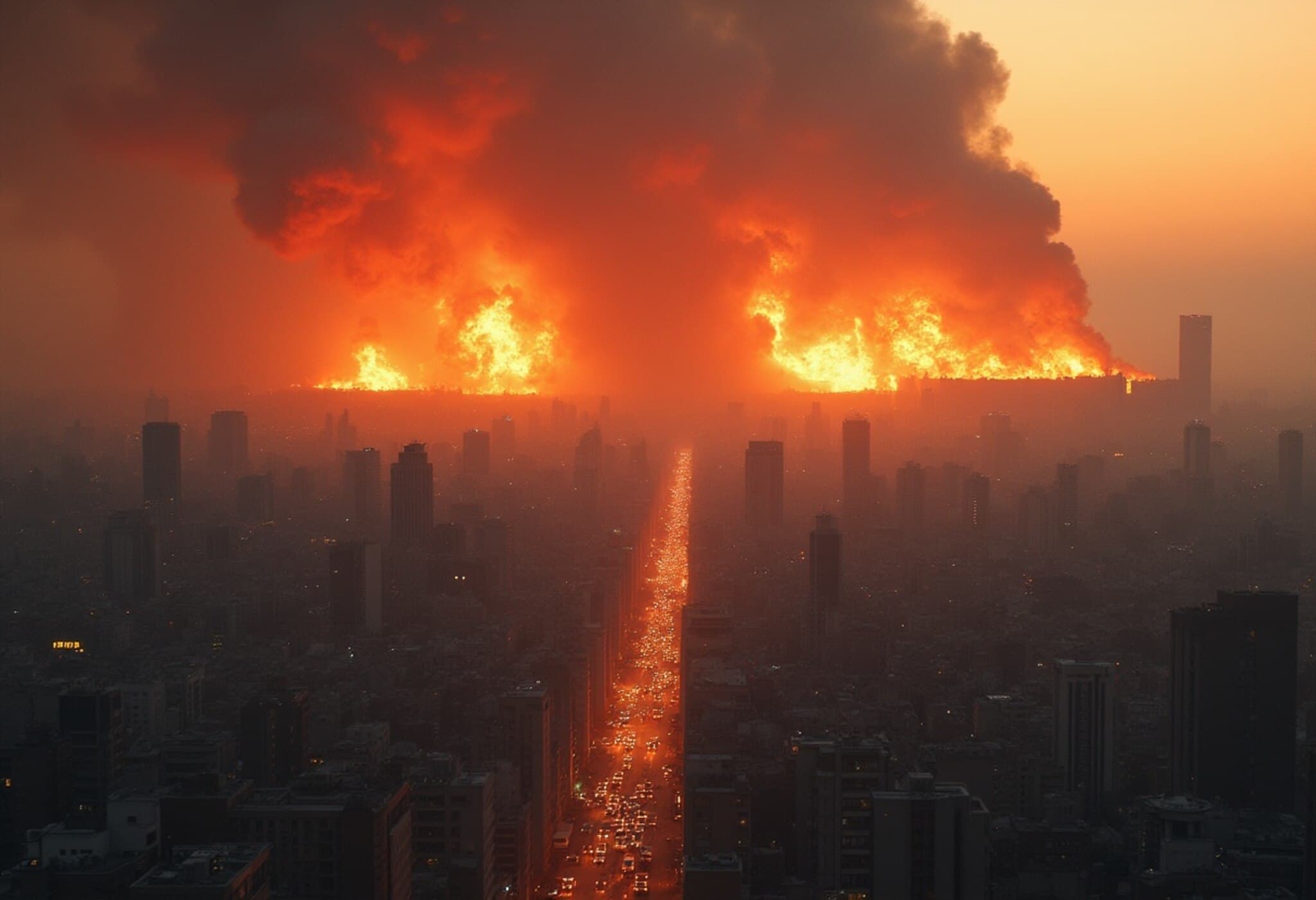Israeli Airstrike Forces Iran to Suspend Gas Output at South Pars
In a significant escalation of Middle East tensions, Iran has partially suspended gas production at the South Pars gas field, the world’s largest, after an Israeli airstrike triggered a fire at the site on Saturday. This marks the first reported Israeli attack directly targeting Iran's oil and gas infrastructure.
Details of the Strike and Its Impact
The Israeli offensive, which commenced on Friday, involved targeted attacks on commanders, scientists, and nuclear facilities within Iran. The recent air raid hit one of the four units in Phase 14 of the South Pars field, located offshore in Iran’s southern Bushehr province, igniting a blaze that has since been extinguished, according to Iranian oil officials.
This disruption halted the production of approximately 12 million cubic meters of natural gas daily. The South Pars field is critical, contributing the majority of Iran’s gas output and positioning the country as the world’s third-largest gas producer, behind only the United States and Russia.
Geopolitical and Economic Ramifications
Iran shares the vast South Pars reservoir with Qatar, where it is known as the North Field. Qatar exploits this resource extensively, producing around 77 million tonnes of liquefied natural gas annually through partnerships with global energy giants. Qatar’s LNG supplies play a vital role in meeting energy demands across Europe and Asia.
Meanwhile, Iran produces about 275 billion cubic meters of gas every year, representing roughly 6.5% of global gas output. Due to international sanctions, Iran’s domestic consumption dominates its production, as exports remain heavily restricted.
The initial Israeli air campaign avoided striking Iran’s oil and gas sectors, but this strike on South Pars signals a potential shift toward targeting critical energy assets. The attack has already contributed to a 9% surge in global oil prices, reflecting widening concerns over supply disruptions stemming from escalating regional conflict.
Looking Ahead
The suspension of operations at South Pars could further destabilize regional energy markets and complicate Iran’s already limited options amid ongoing international pressures. As tensions mount, the world closely watches how this conflict evolves and the broader implications for global energy security.

